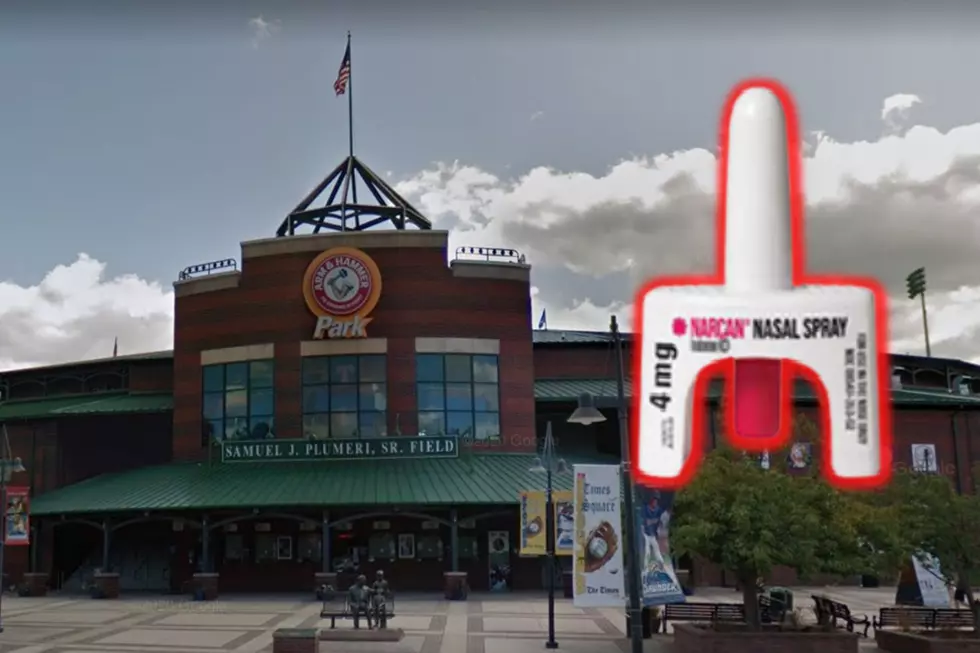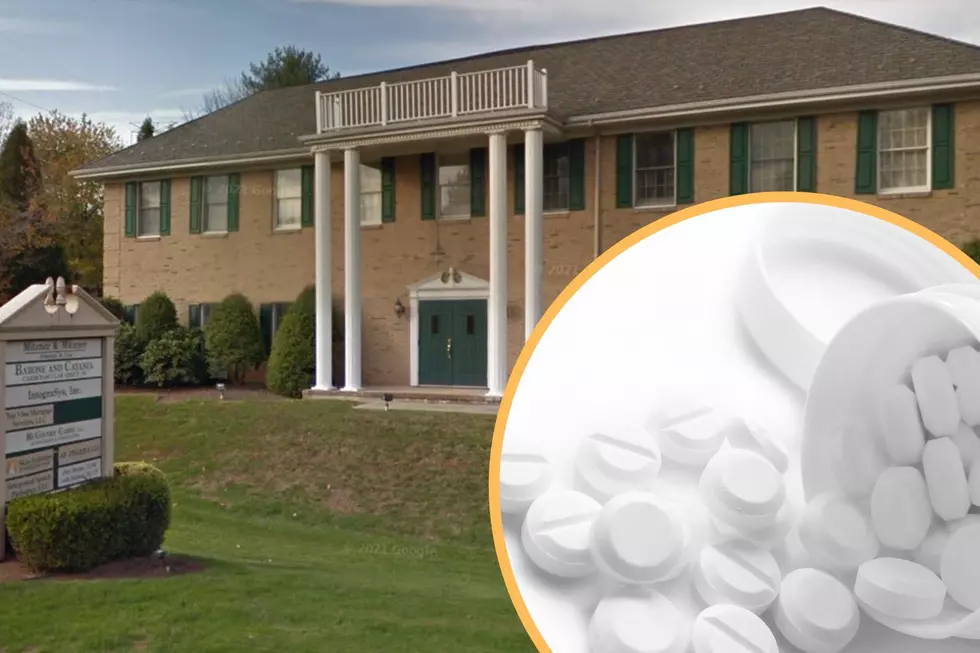
Positive signs reported in NJ’s opioid abuse battle
The opioid abuse epidemic in New Jersey is still raging but there are some positive signs that things are beginning to change and move in the right direction.
Overdose deaths topped 3,000 in the Garden State last year, and many of them were opioid-related.
According to a just released American Medical Association Opioid Task Force Progress report, fewer opioid prescriptions are being written in New Jersey.
The report also finds doctors and other health care professionals in the Garden State are increasingly signing up for and using a system that tracks which patients are getting what prescriptions.
In 2018, New Jersey health care professionals made 3.52 million queries in the state prescription drug monitoring program (PDMP), an increase of almost 17.5% from the previous year when there were 3 million queries.
Dr. John Poole, the immediate past president of the Medical Society of New Jersey, said that’s important because it allows doctors to see if a patient is going from physician to get opioid painkilling drugs.
“When it first came out, there was some initial pushback from certain people that this is another requirement. But it’s been a very, very valuable tool," he said about the PDMP.
The report also finds opioid prescriptions in New Jersey last year fell by 13.3% from 2017, and between 2013 and 2018 the number of opioid prescriptions dropped 34.2%.
Poole said the decrease in opioid pain prescriptions being written is a positive sign.
"Hopefully, that’s going to translate into fewer opioid overdose deaths, that hasn’t quite happened yet," he said.
He explained that as a surgeon, in the past “I might prescribe say 30 Percocet for a post-op procedure. Now with raised awareness, for the same operation, I might prescribe a third of that.”
Poole pointed out, however, that there are no quick fixes.
“Part of the problem we’re still having is that it’s easier for insurance companies and cheaper for insurance companies to pay for an opioid prescription versus physical therapy or other types of treatments.”
The report recommends the following actions be taken nationally to decrease the number of people becoming addicted to opioid drugs:
— Remove inappropriate administrative burdens or barriers that delay or deny care for FDA-approved medications used as part of medication-assisted treatment (MAT) for opioid use disorder (New Jersey recently lifted prior authorization requirements for MAT for Medicaid patients.)
— Support assessment, referral, and treatment for co-occurring mental disorders as well as enforce meaningful oversight and enforcement of state and federal mental health and substance use disorder parity laws.
— Remove administrative and other barriers to comprehensive, multimodal, multidisciplinary pain care and rehabilitation programs.
— Support maternal and child health by increasing access to evidence-based treatment, preserving families, and ensuring that policies are non-punitive.
— Support reforms in the civil and criminal justice system that help ensure access to high-quality, evidence-based care for opioid use disorder, including MAT.
More From WOBM News:
More From 92.7 WOBM










